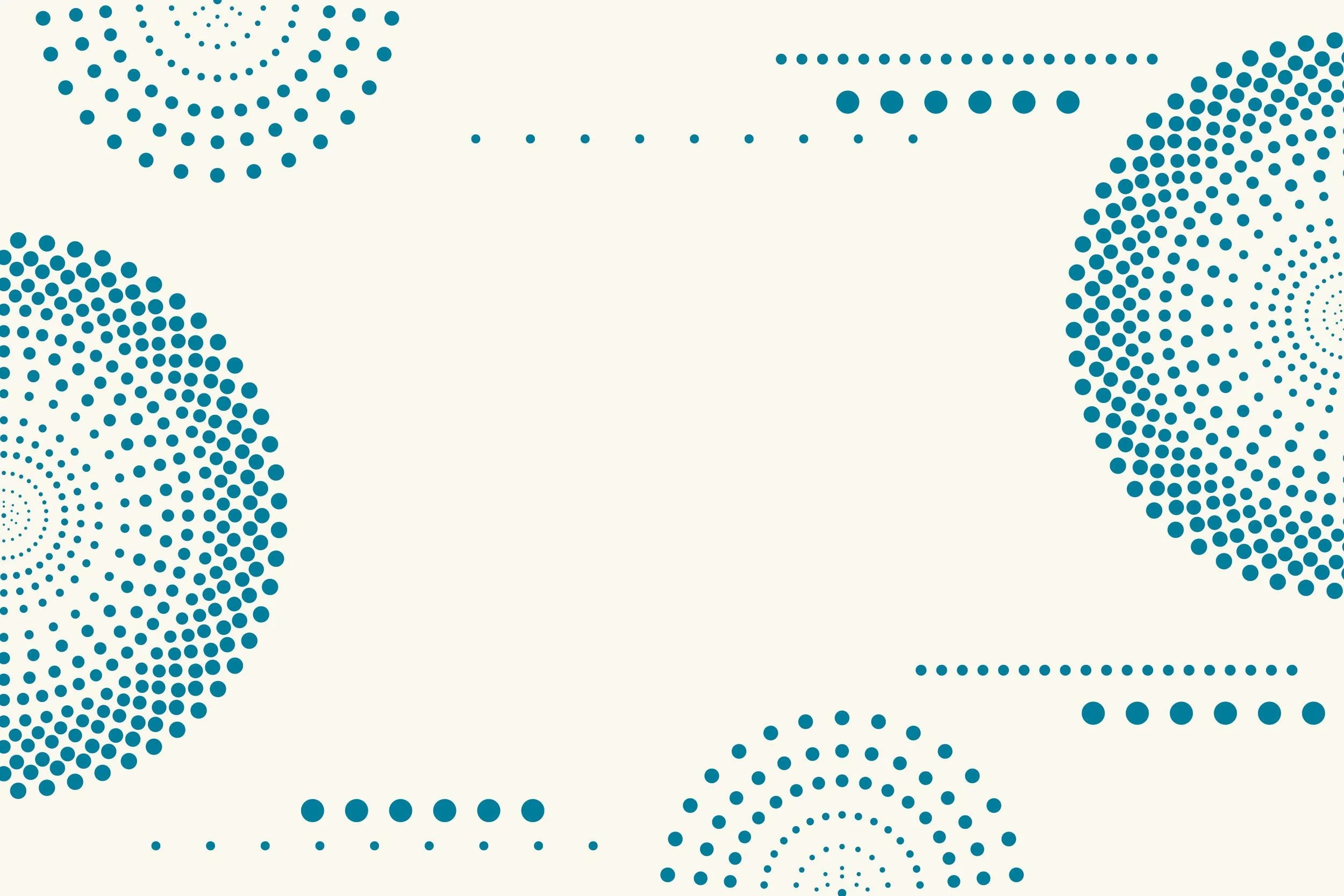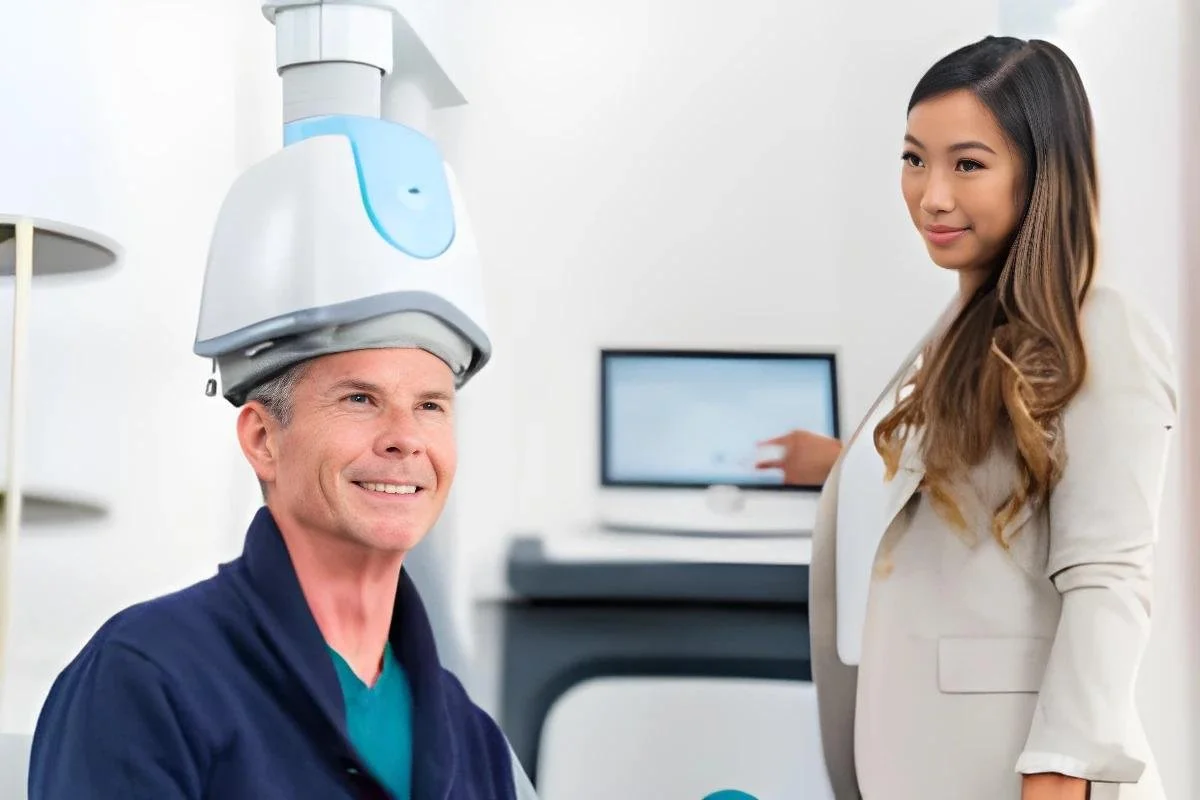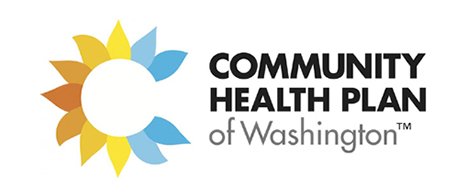TMS for Late-Life Depression
TMS Therapy for Late-Life Depression in University Place, WA
A gentle, medication-free treatment option for older adults facing persistent depression—now available with FDA-cleared Deep TMS technology.
Understanding Late-Life Depression
Late-life depression is a form of Major Depressive Disorder (MDD) that affects adults aged 60 and older. It can develop later in life or continue from earlier episodes and is often underdiagnosed due to overlapping symptoms with aging, physical illness, or cognitive decline.
Many older adults silently struggle with low mood, withdrawal, fatigue, and memory issues—assuming it’s a normal part of aging. But depression in later life is not inevitable, and it is treatable.

Signs of Late-Life Depression:
Depression in older adults can look different than it does in younger individuals. Symptoms may include:
Persistent sadness or loss of interest in activities
Fatigue, low energy, or slowed thinking
Poor appetite or unintentional weight loss
Sleep disturbances
Memory problems or confusion
Feelings of worthlessness or guilt
Physical aches with no clear cause
Withdrawal from social interaction
These symptoms are often mistaken for aging-related changes, but they may signal treatable depression.
Unique Challenges in Treating Depression in Older Adults
Older adults often face barriers to traditional depression treatment. Medications may not be well-tolerated due to interactions with other prescriptions, sensitivity to side effects, or cognitive impairments. Psychotherapy can also be less accessible due to transportation, mobility, or insurance limitations.
These factors make it critical to explore treatment options that are safe, effective, and tailored to the needs of aging adults.

TMS Therapy: A Safe, Effective Alternative to Medication
Deep TMS (Transcranial Magnetic Stimulation) is a non-invasive, outpatient treatment that uses magnetic pulses to stimulate brain regions involved in mood regulation. At University Place TMS Clinic, we use BrainsWay’s H-Coil system—FDA-cleared and designed to reach deeper, broader areas of the brain.
Why it’s ideal for older adults:
No systemic side effects like dizziness, weight gain, or memory loss
No sedation or anesthesia required
Sessions last about 20 minutes and are easy to tolerate
Safe for individuals with multiple health conditions
Well-suited for those sensitive to medication
-

Who Can Benefit from TMS?
TMS is recommended for adults aged 60+ who have been diagnosed with depression and haven’t experienced adequate relief from medications or therapy.
You may be a candidate if you:
Are experiencing ongoing symptoms despite treatment
Prefer to avoid or reduce psychiatric medication
Have a history of poor tolerance to antidepressants
Are under the care of a geriatric provider, caregiver, or assisted living facility
Want a gentle, research-backed alternative that works
We partner with families, physicians, and senior living communities to ensure continuity of care.
-

Simple, Outpatient Treatment That Fits Your Life
Deep TMS treatment is performed in our outpatient clinic, where seniors are made comfortable in a quiet, supportive setting. Each session involves wearing a padded helmet that delivers gentle magnetic pulses to the brain.
Treatment Overview:
5 sessions per week for 4–6 weeks
Each session lasts about 20 minutes
No recovery time needed
Transportation support options available if needed
Most patients begin to feel relief within the first few weeks of treatment.
-

Clinically Proven for Older Adults with Depression
Multiple studies have demonstrated that Deep TMS is effective and well-tolerated in patients aged 60 and older. It’s been shown to significantly reduce depressive symptoms—even in individuals who did not respond to medications.
Clinical Highlights:
60–70% of seniors show meaningful improvement in symptoms
Nearly half of patients reach full remission
Most report greater energy, mood stability, and social re-engagement
These outcomes are similar to or better than results seen in younger adults—without the risks tied to polypharmacy or cognitive side effects.
-

Safe, Gentle Treatment Designed for Aging Adults
Deep TMS is considered a highly safe option for older adults. It does not impair thinking, does not interfere with other medications, and causes only minimal, short-lived side effects in a small number of patients.
Common side effects may include:
Mild headache
Scalp tenderness during initial sessions
We take extra care to ensure comfort and safety for every patient, regardless of age or mobility.
What Our Patients Are Saying
Real stories from people who found hope and healing with TMS therapy in Greater Tacoma.
Empower your Mental Health Journey
If you don’t see your plan listed, contact us—we’ll help you explore your options.
FAQs ( Frequently Asked Questions )
-
A non-invasive, FDA-cleared treatment that helps relieve symptoms of depression, anxiety, and OCD—without medication or side effects.
-
Deep transcranial magnetic stimulation (Deep TMS™), is a noninvasive treatment process that directly stimulates brain structures associated with mental health conditions. This is done utilizing electromagnetic fields generated by our patented H-coil to safely reach deeper brain structures and influence their neural activity.
-
Deep TMS is a noninvasive treatment course proven to offer symptom relief for various mental health conditions. Eligibility for Deep TMS treatment is determined by a person’s insurance provider. As Deep TMS is safe to combine with other forms of therapy, many insurance providers consider those currently undergoing medical treatment or psychotherapy, as well as treatment-resistant clients, to be eligible for Deep TMS treatment.
-
Numerous clinical studies in reputable peer-reviewed journals have found that BrainsWay’s Deep TMS therapy is successful in alleviating symptoms of mental health conditions and offering patients relief.
-
BrainsWay Deep TMS has been tested in over 60 clinical studies, for various clinical indications, in leading institutions worldwide. The FDA has cleared BrainsWay Deep TMS therapy for treatment-resistant depression and it is currently available in the U.S., Europe, South America, and Asia.
Deep TMS is also indicated by the FDA as an intended adjunct treatment for adult patients suffering from Obsessive-Compulsive Disorder (OCD) FDA De Novo, and for the treatment of short-term smoking cessation in adults, 510(k).
-
BrainsWay’s Deep TMS treatment is normally spread out over four-to-six weeks. During this time, patients come in for sessions five times per week and each of these sessions last about 20 minutes. Depending on the mental health condition being treated, there may be additional maintenance sessions after the initial course of treatment.
-
Deep TMS treatment utilizes BrainsWay’s patented H-Coil technology to regulate brain activity and improve patients’ mental health and well-being. During the procedure, a helmet holding the H-coil is fitted over the patient’s head before sending magnetic pulses to targeted areas of the brain. Deep TMS is a noninvasive procedure where patients can catch up on their reading or social media during sessions. Patients will experience a light tapping sensation on their scalp during the treatment. Each session takes about 20 minutes, after which patients can drive themselves and go about their daily routine.
-
Typically, patients hear a tapping sound and feel a tapping sensation in the head area during BrainsWay Deep TMS therapy session. To diminish the sound, the patient is provided with earplugs.
Some patients experience temporary, mild pain or discomfort in the area of the treatment site, which occurs during the treatment session. This typically occurs only during the first week BrainsWay Deep TMS treatment. Other side effects may include muscle twitching and jaw pain.
-
Deep TMS treatment is safe to combine with any sort of medication or psychotherapy. Deep TMS is both noninvasive and found to be effective in treating a variety of mental health conditions, in combination with other forms of therapy or as a standalone treatment.
-
Deep TMS coverage depends on the treatment type, geographical location, and insurance plan. In the United States, BrainsWay’s Deep TMS therapy is covered by Medicare and nearly all major private insurers to treat major depressive disorder (MDD). BrainsWay is actively seeking coverage for obsessive-compulsive disorder (OCD) treatment and smoking cessation, which, like MDD, are FDA-cleared.
Outside of the United States, the cost to patients for TMS treatment is variable, depending on the specific country and health coverage structure. Speak to your mental health provider or health insurer to better understand the costs that you would incur.
-
BrainsWay Deep TMS has been cleared by the CE for a variety of disorders:
Alzheimer’s disease
Autism
Bipolar Disorder
Chronic pain
Major Depressive Disorder
Parkinson’s disease
Posttraumatic Stress
Disorder (PTSD)
Schizophrenia (negative symptoms)
Smoking cessation
StrokeMultiple Sclerosis
Obsessive Compulsive Disorder (OCD)
BrainsWay Deep TMS is cleared by the FDA for treatment resistant depression and Obsessive Compulsive Disorder (OCD).
Schedule an Appointment
Need Help? Please Fill out some info and we will be in touch shortly.
We can’t wait to hear from you!














